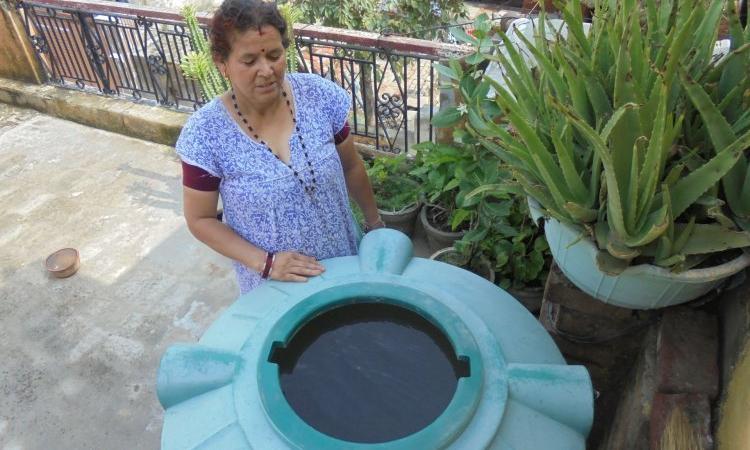
Government prepares strict directives to prevent groundwater wastage
With an aim to evolve and implement mechanisms with coercive measures, including penalty, for wasting groundwater, the Union Jal Shakti Ministry has submitted directives in this regard for approval to the National Green Tribunal (NGT). The directive calls for all concerned civic bodies dealing with water supply networks in the states/Union Territories to ensure that there shall be no wastage or misuse of potable water tapped from underground and evolve compliance mechanisms with coercive measures for violations. According to estimates, the average annual per capita availability between 2011 and 2025 has reduced by 25 percent and would further reduce to 36 percent by 2035. (The New Indian Express)
Revoke draft EIA 2020: Students, researchers send open letter to government
In an open letter to the Union Environment Ministry, over 500 academics, scientists and researchers belonging to more than 130 institutions and universities have written their concerns against the draft Environmental Impact Assessment notification 2020. The letter criticises the draft notification for not including people in decision making because of its limited circulation and publicity and lack of its availability in most Indian languages. Further, the letter concludes that the draft will threaten the country’s ecological and environmental security as it does not adhere to the fundamental objectives of its parent legislation nor does it align with the various international commitments. The letter has called for better and more inclusive environmental decision-making. (The Wire)
Following Centre’s assurance to consider demands, Ganga activist ends fast
Relying only on intake of five glasses of water, which were later curtailed to four, Ganga activist and spiritual ideologue Swami Shivanand Saraswati started his agitation on August 3 for protection of the Ganga river. However, he ended his agitation on September 3, after the Union Jal Shakti minister Gajendra Singh Shekhawat and National Mission for Clean Ganga (NMCG) director general Rajeev Ranjan Mishra assured to look into his demands to save the river. His demands included scrapping of hydropower projects being built on Ganga and its sub tributaries, prohibition on quarrying activities and shifting of stone crushers from Ganga river-bed by at least 5km, speedy enactment of Ganga Act and inclusion of pro-Ganga activists and seers in the draft panel committee. (Hindustan Times)
Bhagirathi eco-sensitive zonal plan prepared without locals consultation: Experts
In May, the Environment Ministry released their final plan to prepare the Bhagirathi Eco-Sensitive Zone’s zonal master plan (ZMP). However, the independent expert members on a committee appointed by the National Green Tribunal (NGT) to prepare the plan and independent members of a panel formed to scrutinise the ZMP have not approved the plan saying that the document was “flawed” and not in consonance with a 2012 notification of the project. One of the main concerns raised by the panel is that the ZMP was to be prepared specifically in consultation with local people, particularly women. Nonetheless, the draft was not translated into Hindi and therefore, was never put before the panchayats and villagers for their comments and suggestions before the final document was prepared. (Hindustan Times)
10-week anti-dengue campaign commences in Delhi
The Delhi Government has launched the '10 Hafte 10 Baje 10 Minute' campaign in which two crore people from the capital will join hands and work together to fight against dengue. The campaign urges people to spend 10 minutes each Sunday, for the next 10 weeks, to inspect their homes for stagnant clean water at 10 am and drain the standing water and replace it. Stagnant clean water is a breeding ground for Aedes mosquitoes that spread vector-borne diseases like dengue, malaria, and chikungunya. As per Delhi government's claim, last year there were only 1,400-1,500 dengue cases in the capital as against 14,000-15,000 a few years back. (Livemint)
This is a roundup of important policy matters from August 24 - September 6, 2020. Also, read news this week.